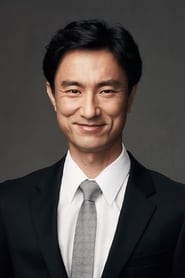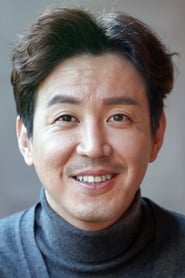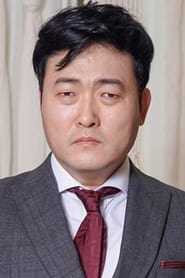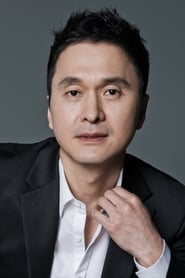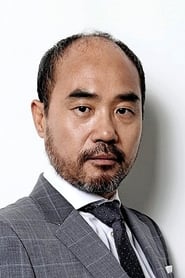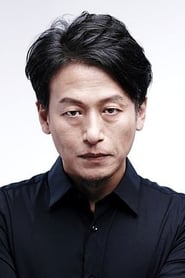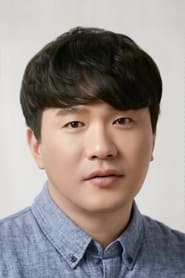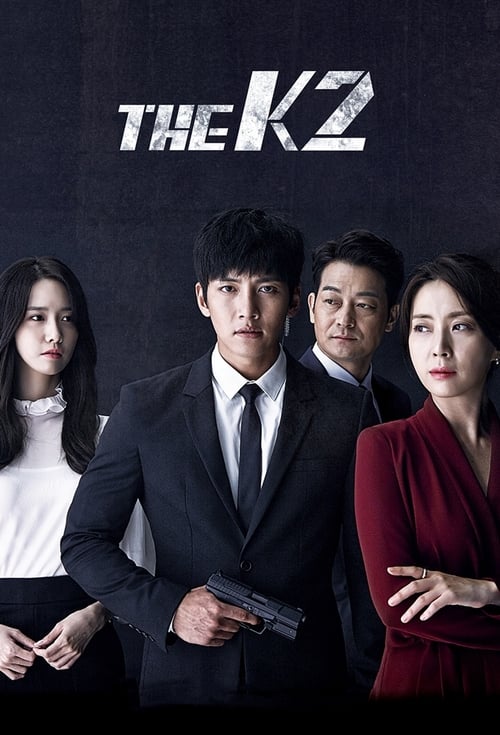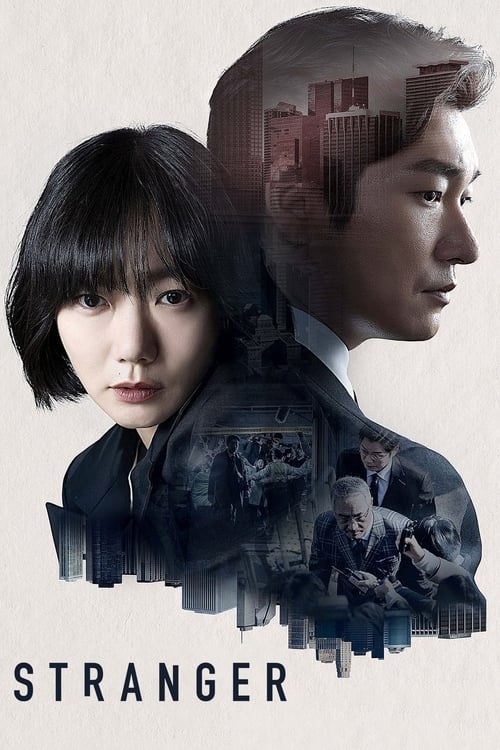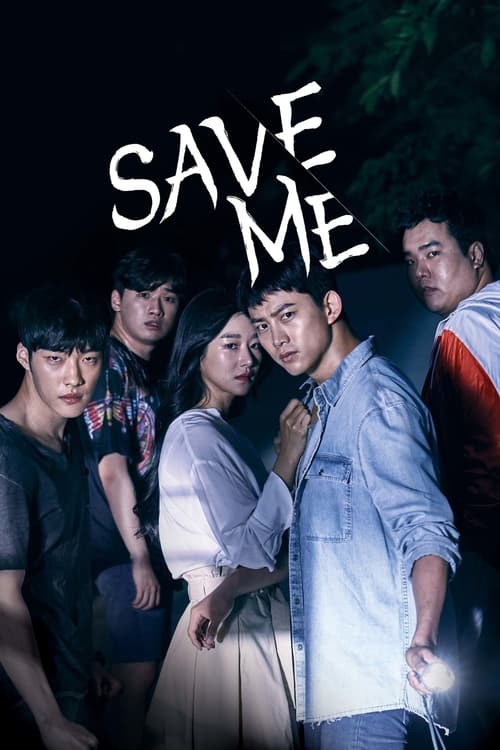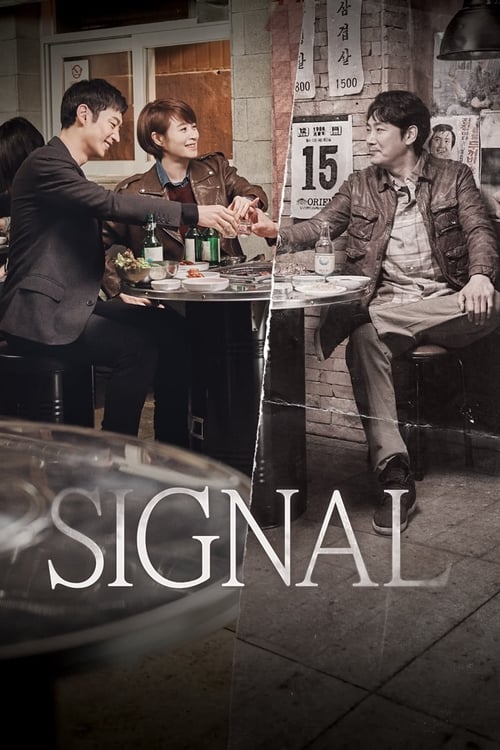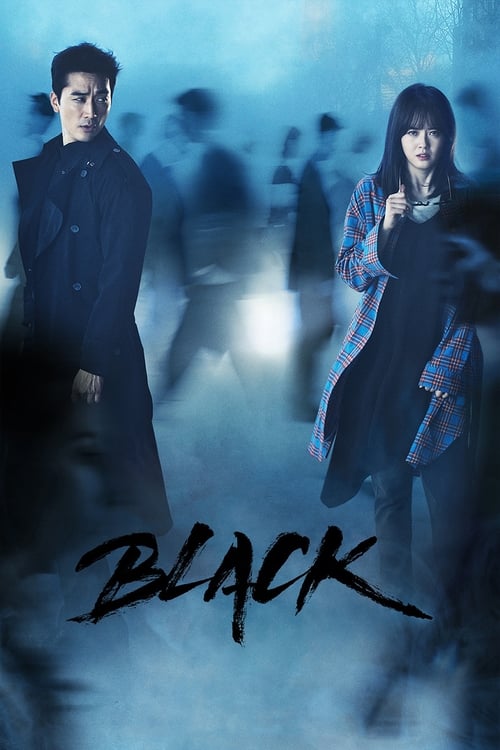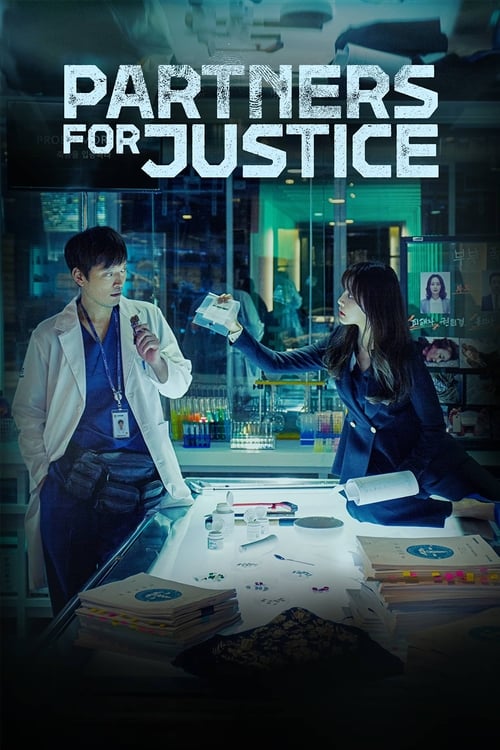
Ask Your Own Question
What is the plot?
In Episode 26 of Doctor Prisoner, the episode opens with a tense atmosphere as the aftermath of the previous events weighs heavily on the characters. The scene is set in the hospital where the main character, Doctor Ni Yi, is grappling with the consequences of his actions. He is determined to uncover the truth behind the corruption that has plagued the hospital and the prison system. His internal conflict is palpable as he reflects on the moral implications of his choices.
As the episode progresses, Ni Yi receives a visit from his ally, the prison guard, who brings news about the ongoing investigation into the corrupt practices within the hospital. The guard expresses his concerns about the safety of Ni Yi and urges him to be cautious. Ni Yi, however, is resolute in his mission and reassures the guard that he will not back down. This conversation highlights Ni Yi's unwavering commitment to justice, despite the risks involved.
The narrative shifts to the antagonist, Director Jin, who is seen plotting his next move. He is aware of Ni Yi's investigation and is determined to eliminate any threats to his power. Jin's manipulative nature is on full display as he orchestrates a plan to discredit Ni Yi and maintain control over the hospital. His cold demeanor and strategic thinking create a sense of impending danger for Ni Yi.
Meanwhile, Ni Yi gathers evidence against Jin and his associates. He discreetly meets with a whistleblower who provides crucial information about the illegal activities taking place within the hospital. The tension builds as Ni Yi listens intently, knowing that this information could be the key to exposing the corruption. The emotional weight of the situation is evident as Ni Yi contemplates the potential fallout of revealing the truth.
As the episode reaches its climax, Ni Yi confronts Jin in a high-stakes showdown. The confrontation takes place in Jin's office, where the atmosphere is thick with tension. Ni Yi accuses Jin of his wrongdoings, and Jin retaliates with threats, attempting to intimidate Ni Yi into submission. The dialogue is sharp and charged, reflecting the deep-seated animosity between the two characters. Ni Yi stands his ground, fueled by a mix of fear and determination.
In a surprising twist, Jin reveals that he has been monitoring Ni Yi's every move and has gathered incriminating evidence against him. This revelation sends shockwaves through Ni Yi, who realizes that he is now in a precarious position. The stakes are raised as Jin offers Ni Yi a deal, attempting to manipulate him into silence. Ni Yi's internal struggle is evident as he weighs his options, knowing that accepting the deal could compromise his integrity.
The episode culminates in a dramatic turn of events as Ni Yi decides to take a stand. He refuses Jin's offer and vows to expose the truth, no matter the personal cost. This decision marks a pivotal moment in Ni Yi's character arc, showcasing his growth and commitment to justice. The episode ends on a cliffhanger, leaving viewers anxious about the repercussions of Ni Yi's choice and the looming threat posed by Jin. The tension is palpable as the screen fades to black, setting the stage for the next chapter in this gripping narrative.
What is the ending?
In the ending of "Doctor Prisoner," season 1, episode 26, the main character, Na Yi-je, confronts the truth about the corruption within the hospital and the people around him. He faces off against his enemies, ultimately leading to a resolution of the conflicts that have plagued him throughout the series. The episode concludes with a sense of justice being served, but also leaves lingering questions about the future of the characters involved.
As the episode begins, the tension is palpable in the air. Na Yi-je, having gathered crucial evidence against the corrupt officials and doctors, prepares for a final confrontation. He is determined to expose the truth, driven by a mix of anger and a desire for justice. His internal struggle is evident; he knows that revealing the corruption could put him and his loved ones at risk, yet he feels a moral obligation to act.
In a dimly lit hospital corridor, Na Yi-je meets with his ally, the nurse who has been supportive throughout his journey. They exchange worried glances, knowing that the stakes are higher than ever. The nurse expresses her fears, but Na Yi-je reassures her, his resolve hardening. He understands that this is not just about him; it's about the patients who have suffered due to the greed of those in power.
The scene shifts to the hospital boardroom, where the corrupt officials gather, unaware of the storm that is about to hit them. Na Yi-je bursts in, holding a flash drive containing incriminating evidence. The atmosphere shifts from complacency to shock as he lays out the details of their misdeeds. The tension escalates as he confronts the head of the hospital, who tries to dismiss him, but Na Yi-je stands firm, fueled by the injustices he has witnessed.
As the confrontation unfolds, the camera captures the expressions of the board members--fear, anger, and disbelief. Na Yi-je's voice rises, filled with passion as he recounts the suffering caused by their actions. The emotional weight of his words resonates, and the audience can feel the gravity of the moment. He is not just fighting for himself; he is fighting for every patient who has been wronged.
In a climactic moment, the police arrive, having been tipped off about the corruption. The corrupt officials scramble, panic setting in as they realize their time is up. Na Yi-je watches as they are taken away, a mix of relief and triumph washing over him. However, the victory is bittersweet; he knows that the battle against corruption is far from over.
The episode concludes with Na Yi-je standing outside the hospital, the sun setting in the background. He reflects on the journey he has taken, the friends he has lost, and the battles he has fought. The nurse joins him, and they share a moment of quiet understanding. They know that while justice has been served today, the fight for a better system continues.
As the screen fades to black, the fates of the main characters are revealed: Na Yi-je emerges as a hero, but he is also marked by the scars of his experiences. The nurse, having stood by him, finds a renewed sense of purpose in her work. The corrupt officials face legal consequences, but the system that allowed their actions to flourish remains intact, hinting at the ongoing struggle against corruption in the medical field. The episode closes, leaving viewers with a sense of hope tempered by the reality of the challenges that lie ahead.
Is there a post-credit scene?
In "Doctor Prisoner," Season 1, Episode 26, there is no post-credit scene. The episode concludes without any additional scenes after the credits roll. The focus remains on the resolution of the main plot points and character arcs within the episode itself, wrapping up the intense narrative that has unfolded throughout the season. The final moments emphasize the emotional stakes and the consequences of the characters' actions, leaving viewers with a sense of closure regarding the storylines presented.
How does the episode explore themes of loyalty and betrayal among the characters?
In Episode 26, themes of loyalty and betrayal are intricately woven into the character interactions. Tensions rise as characters are faced with choices that test their allegiances. The emotional stakes are high, particularly in scenes where trust is broken, leading to dramatic confrontations. These moments are charged with intensity, revealing the fragility of relationships within the prison setting.
What is the significance of the relationship between Na Yi Je and the prison inmates in Episode 26?
In Episode 26, Na Yi Je's relationship with the inmates deepens as he navigates the complexities of their lives. His role as a doctor allows him to connect with them on a personal level, revealing their vulnerabilities and struggles. This connection is pivotal as it showcases his commitment to healing not just their physical ailments but also their emotional scars, highlighting the theme of redemption.
How does the character of Jin Seok evolve in Episode 26?
In this episode, Jin Seok faces a moral dilemma that forces him to confront his past decisions. His internal conflict is palpable as he grapples with guilt and the desire for redemption. The emotional weight of his choices is illustrated through tense interactions with other characters, particularly as he seeks to protect those he cares about while also dealing with the consequences of his actions.
What role does the prison environment play in the events of Episode 26?
The prison environment in Episode 26 serves as a microcosm of society, reflecting the struggles of power dynamics and survival. The oppressive atmosphere amplifies the characters' emotional states, particularly during confrontations and moments of vulnerability. The setting becomes a character in itself, influencing decisions and relationships, as characters navigate the harsh realities of their confinement.
What are the implications of the medical cases presented in Episode 26 for the characters involved?
The medical cases in Episode 26 are not just plot devices; they serve as catalysts for character development. Each case reveals deeper layers of the characters' personalities and their backstories. For instance, Na Yi Je's treatment of a particularly challenging case forces him to confront his own limitations and fears, while also showcasing his dedication to his profession and the inmates' well-being.
Is this family friendly?
"Doctor Prisoner," particularly in episode 26, contains several themes and scenes that may not be suitable for children or sensitive viewers. Here are some potentially objectionable aspects:
-
Violence and Threats: The episode includes scenes of physical confrontations and threats, which may be intense and unsettling for younger audiences.
-
Emotional Manipulation: Characters experience significant emotional distress, including betrayal and manipulation, which could be upsetting for sensitive viewers.
-
Medical and Ethical Dilemmas: The show often explores complex medical situations and ethical questions that may be difficult for children to understand.
-
Themes of Revenge and Justice: The narrative delves into darker themes of revenge and the consequences of seeking justice, which may not be appropriate for all viewers.
-
Intense Emotional Scenes: There are moments of high emotional tension, including grief and despair, that could be distressing.
These elements contribute to a mature tone that may not be suitable for a family-friendly viewing experience.




